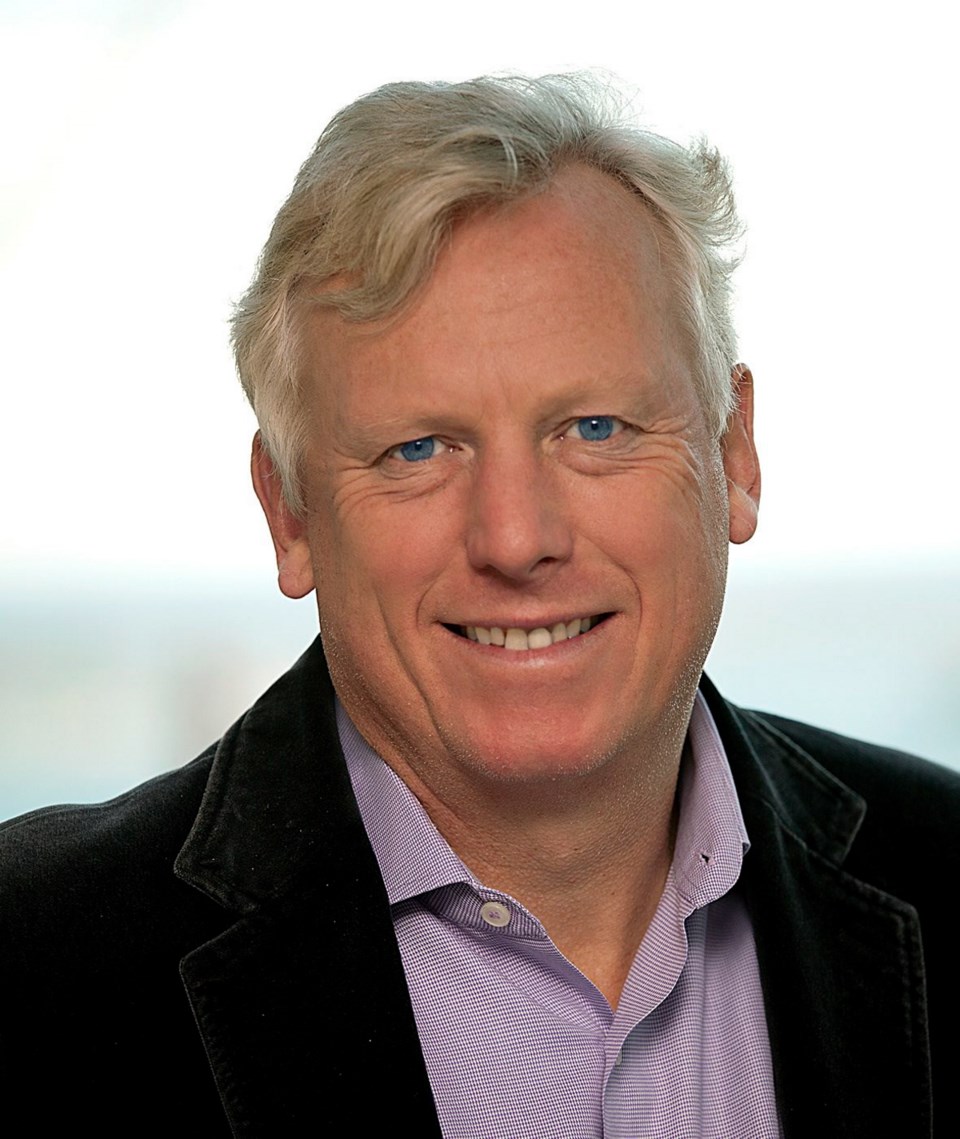What: Victoria Forum: Canada@150: Promoting Diversity and Inclusion.
When: Nov. 17 - 19
Where: Victoria Conference Centre on Nov. 17 and at various venues at the University of Victoria on Nov. 18 and 19
Hosted by: UVic, Global Affairs Canada
Registration, info: victoriaforum.ca
Oil companies are nearing a time they might be battling lawsuits over climate change the same way tobacco companies fought court battles over lung cancer, says the moderator of an upcoming panel.
David Miller, former head of the World Wildlife Fund and former mayor of Toronto, said in a telephone interview the growing unfairness of climate change will soon find its way into litigation.
“Tobacco companies got sued for selling a product that was poisonous to people,” said Miller. “Are there ways the fossil fuel industry can be sued for selling a product that is poisonous to the planet?”
He will be moderating a panel on defining climate justice — how human notions of fairness link with climate change — from 3 p.m. to 4 p.m. Saturday at the UVic Farquhar Auditorium.
The event is part of the inaugural Victoria Forum, which runs Friday to Sunday with the theme of Canada@150: Promoting Diversity and Inclusion.
The forum will touch on everything from the economics of Indigenous inclusiveness to diversity and economic prosperity.
Saturday’s climate justice panelists include Judith Sayers, adjunct professor, UVic Environmental Studies, and Michael Byers, professor of global practices and international law at the University of British Columbia.
Miller said the human notion of justice and fairness is becoming increasingly intertmingled with the growing realities of climate change: warmer temperatures, more severe weather events and shifting ecosystems.
For example, poorer people, regions, countries and neighbourhoods are often slammed hardest by the increasingly extreme weather effects of climate change.
Those now working in industries that continue to foul the atmosphere will require assistance to make the transition to greener businesses. And species of animals and plants are threatened as climate change undermines their habitats.
Miller said while the latest science and news of the impact of climate change are cause for worry, he remains hopeful. For example, virtually every country in the world has now signed onto the Paris Agreement to fight climate change, which will make it tougher for the U.S. to follow through on President Donald Trump’s threat to pull out.
“There is incredible energy out there to do the right thing to mitigate climate change from cities, from people and from many businesses,” said Miller.
“I don’t think it’s too late. I’m personally optimistic.”



